Top Class Actions’s website and social media posts use affiliate links. If you make a purchase using such links, we may receive a commission, but it will not result in any additional charges to you. Please review our Affiliate Link Disclosure for more information.
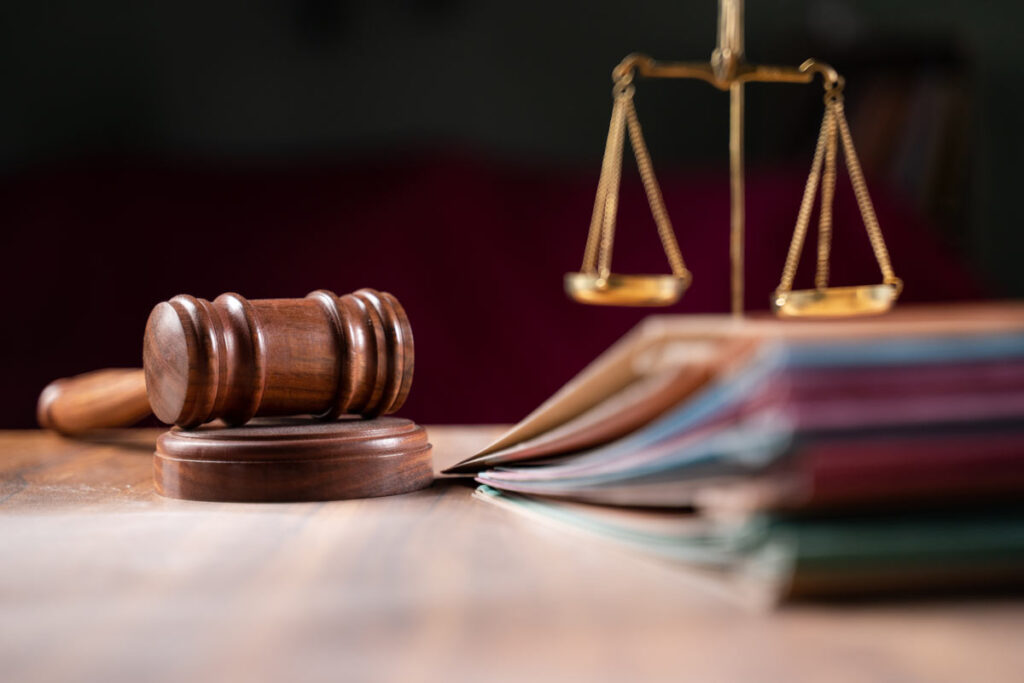
Supreme Court Biden student loan forgiveness overview:
- Who: The U.S. Supreme Court ruled President Joe Biden’s administration cannot forgive federal loans.
- Why: The 6-3 majority found the administration overreached with its ambitious student loan forgiveness plan.
- Where: The decision affects student loan forgiveness nationwide.
- What are my options: Check out student loan refinancing options with Credit Karma.
On June 30, the U.S. Supreme Court ruled President Joe Biden’s $430 billion student loan forgiveness plan could not stand, creating a major setback to the administration’s ambitious policy goal.
Biden’s student loan forgiveness plan would have canceled $10,000 in outstanding federal student loans for individuals earning less than $125,000 or married couples earning less than $250,000, according to court documents. It would also forgive $20,000 for Pell Grant recipients.
The student loan forgiveness plan was implemented under the 2003 Higher Education Relief Opportunities for Students (HEROES) Act, which authorizes the secretary of education to adjust the terms of federal student loan programs to protect borrowers affected by a national emergency. The Biden administration argued that the COVID-19 pandemic qualified as a national emergency under the HEROES Act, court documents show..
Conservative majority found Biden’s student loan forgiveness policy overreached
The Biden administration asked the U.S. Supreme Court to overrule two lower court orders that blocked the federal student loan forgiveness plan, the ruling states. Six states and two individual borrowers sued in response to the policies.
The Supreme Court justices unanimously held that the individual borrowers did not have standing to pursue their case. Plaintiffs Myra Brown and Alexander Taylor claimed they had standing because they would receive too little loan relief, but the court did not find an adequate link between their alleged injury and the student loan forgiveness plan’s legality.
However, in a 6-3 ruling, the conservative justices agreed that at least one of the six plaintiff states established standing based on financial losses that could affect the Missouri Higher Education Loan Authority (MOHELA).
The proposed student loan forgiveness plan “will cut MOHELA’s revenues, impairing its efforts to aid Missouri college students,” Chief Justice John Roberts wrote for the majority. “This acknowledged harm to MOHELA in the performance of its public function is necessarily a direct injury to Missouri itself.”
The Supreme Court majority found the Biden administration overreached, determining the HEROES Act was not intended for such an economically “staggering” amount of loan principal that the administration sought to cancel.
Dissenting justices claim conservative majority decision ‘overrides’ judgment of legislative, executive branches
Justice Elena Kagan wrote the dissent on behalf of herself and the other two liberal justices, finding that the HEROES Act provides the secretary of education “broad authority to relieve a national emergency’s effect on borrowers’ ability to repay their student loans.”
The conservative majority’s decision “overrides the combined judgment of the legislative and executive branches, with the consequence of eliminating loan forgiveness for 43 million Americans,” Kagan wrote.
What do you think of the Supreme Court’s ruling blocking President Biden’s student loan forgiveness policy? Tell us about it in the comments.
The federal government is represented by Elizabeth Prelogar of the U.S. Department of Justice.
The student loan forgiveness lawsuits are Biden v. Nebraska, Case No. 22-506, and Department of Education v. Brown, Case No. 22-535, in the Supreme Court of the United States.
Don’t Miss Out!
Check out our list of Class Action Lawsuits and Class Action Settlements you may qualify to join!
Read About More Class Action Lawsuits & Class Action Settlements:
- Class action filed against Harvard Medical School over stolen body parts case
- Student loan payments to resume in October
- Mercer University class action claims data breach compromised data of over 93K individuals
- Northwestern University class action claims website inaccessible to blind, visually impaired users



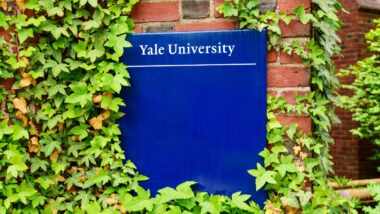
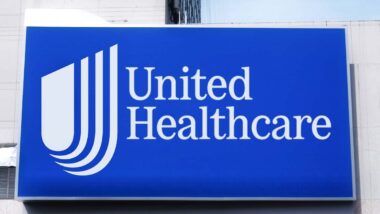
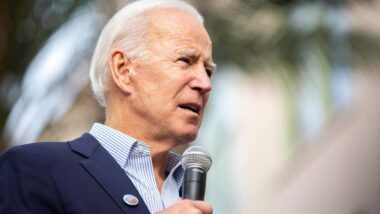
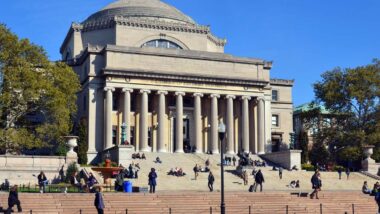


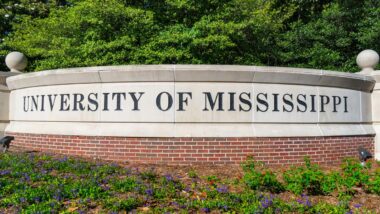
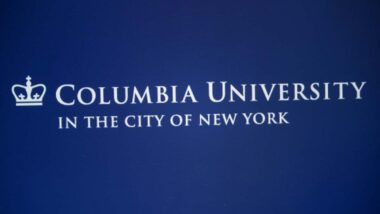
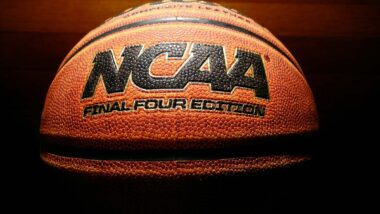
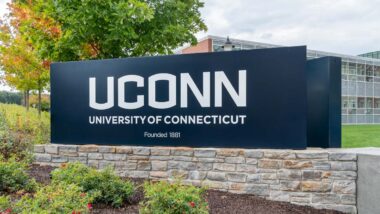
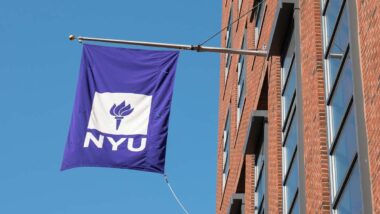

11 thoughts onSupreme Court rules Biden cannot forgive federal student loans
Add me. Mohela was continuously sending me a bill with a due dated even early this year.